From crunchy crickets to nutty fly grubs, NOVA takes a tasty look at insect foods and how they could benefit our health and our warming planet.
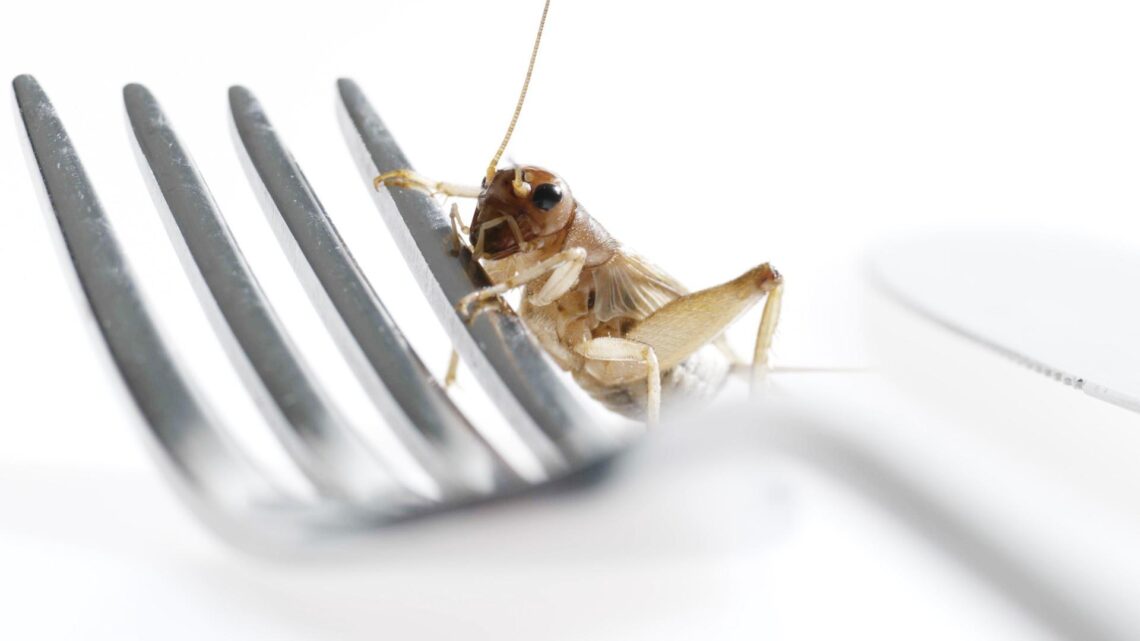


From crunchy crickets to nutty fly grubs, NOVA takes a tasty look at insect foods and how they could benefit our health and our warming planet.
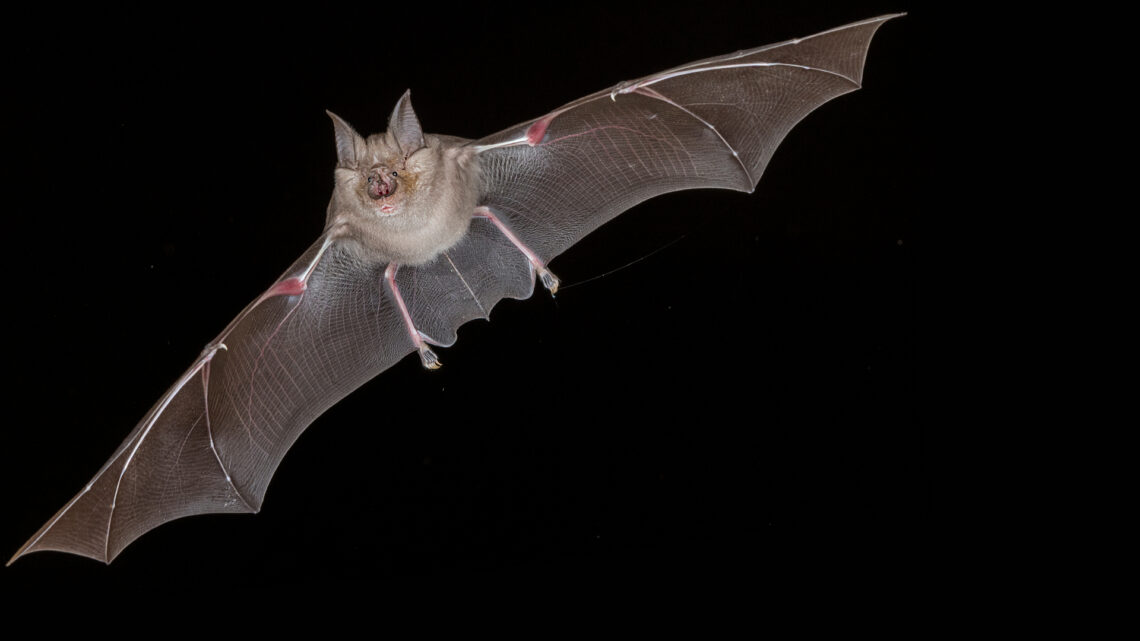
Bats have been implicated in deadly epidemics such as COVID-19 and Ebola, yet scientists are discovering evidence that they may hold a key to a longer and healthier life.
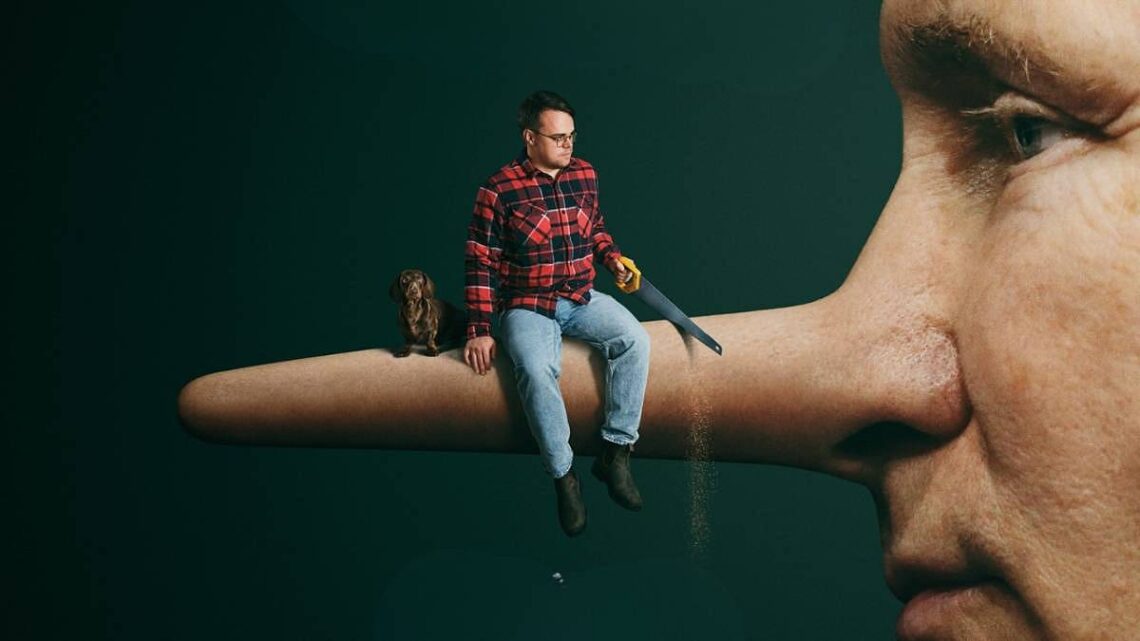
A Russian teacher secretly documents his small town school’s transformation into a war recruitment center during the Ukraine invasion, revealing the ethical dilemmas educators face amid propaganda and militarization.
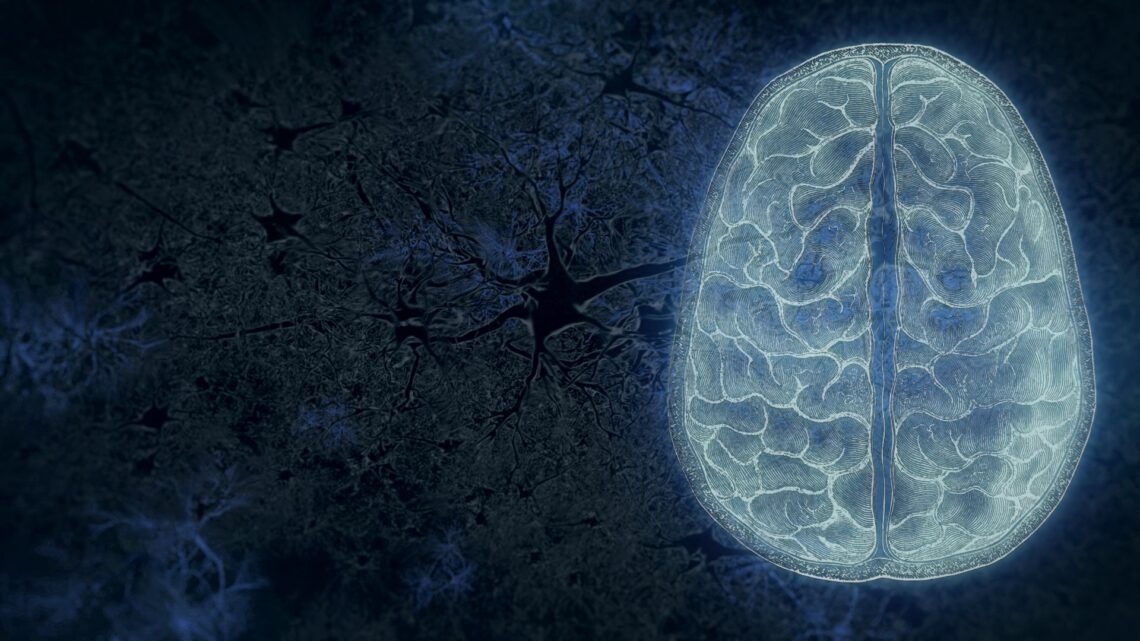
Is what you see real? Does your mind control you? Discover how your brain really works.
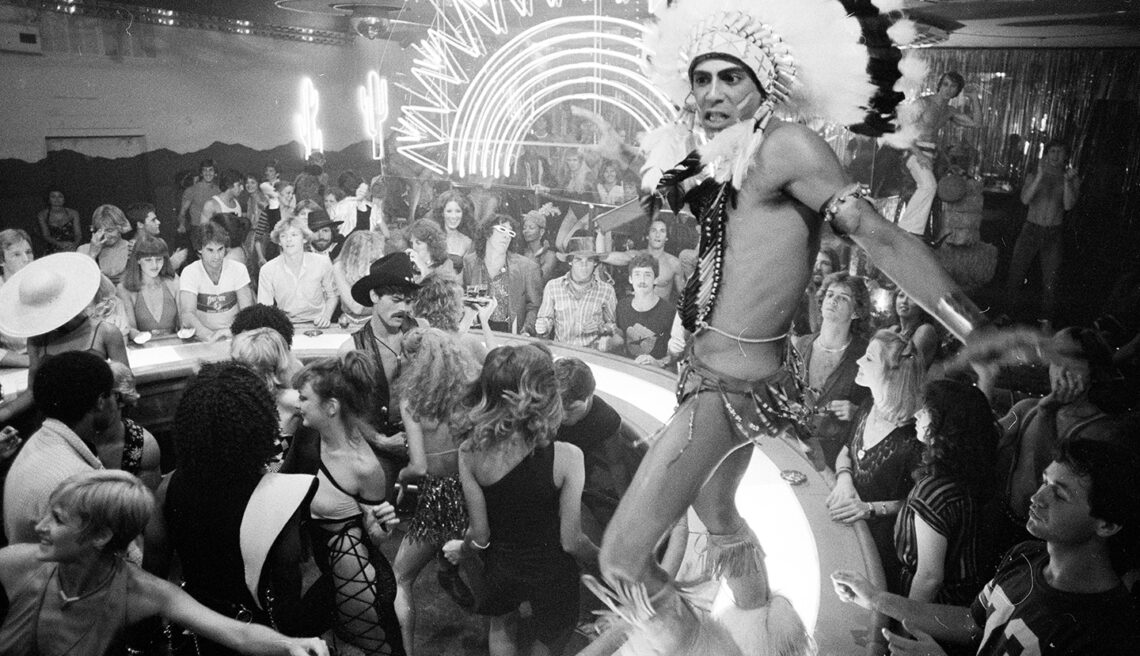
Originating in underground Black and gay clubs, disco had unseated rock as America’s most popular music by the late 1970s. But many diehard rock fans viewed disco, with its repetitive beat and culture that emphasized pleasure, as shallow and superficial.
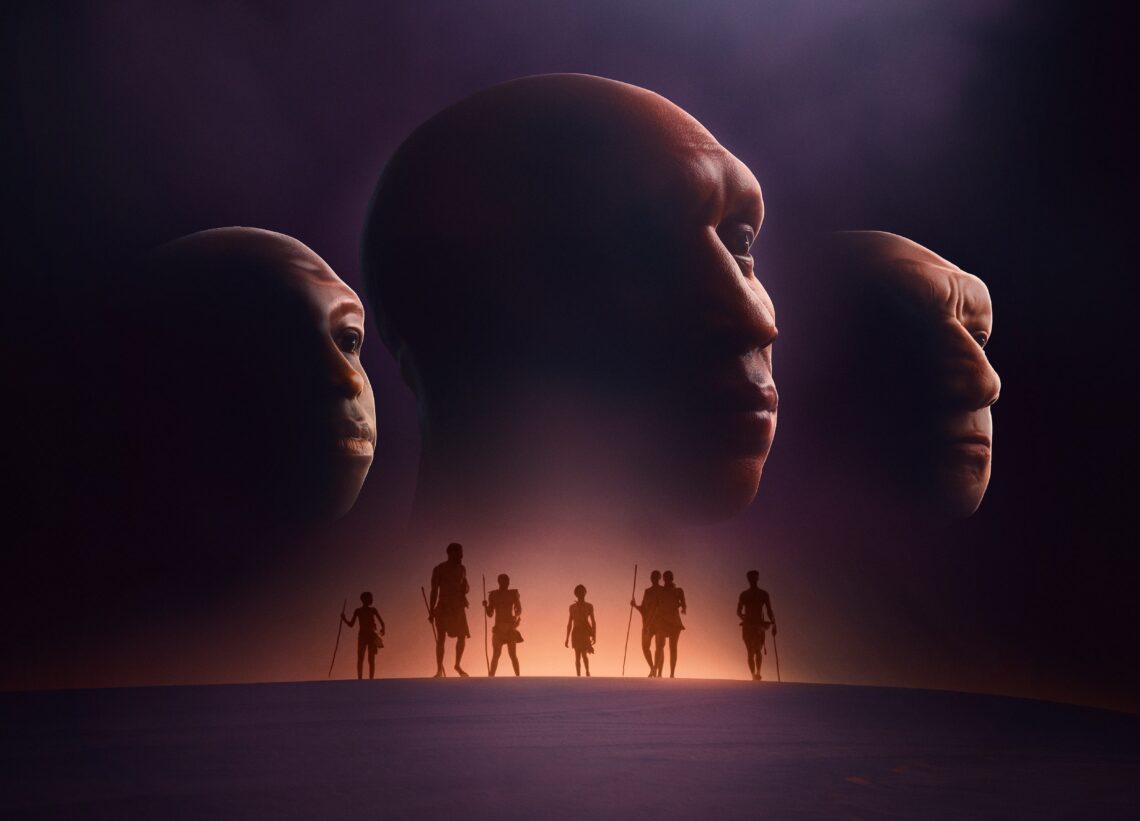
In this new series, paleoanthropologist Ella Al-Shamahi reveals humanity’s incredible story across 300,000 years of human evolution and how – thanks to new discoveries – we’re learning that the story is stranger and more surprising than we ever imagined.
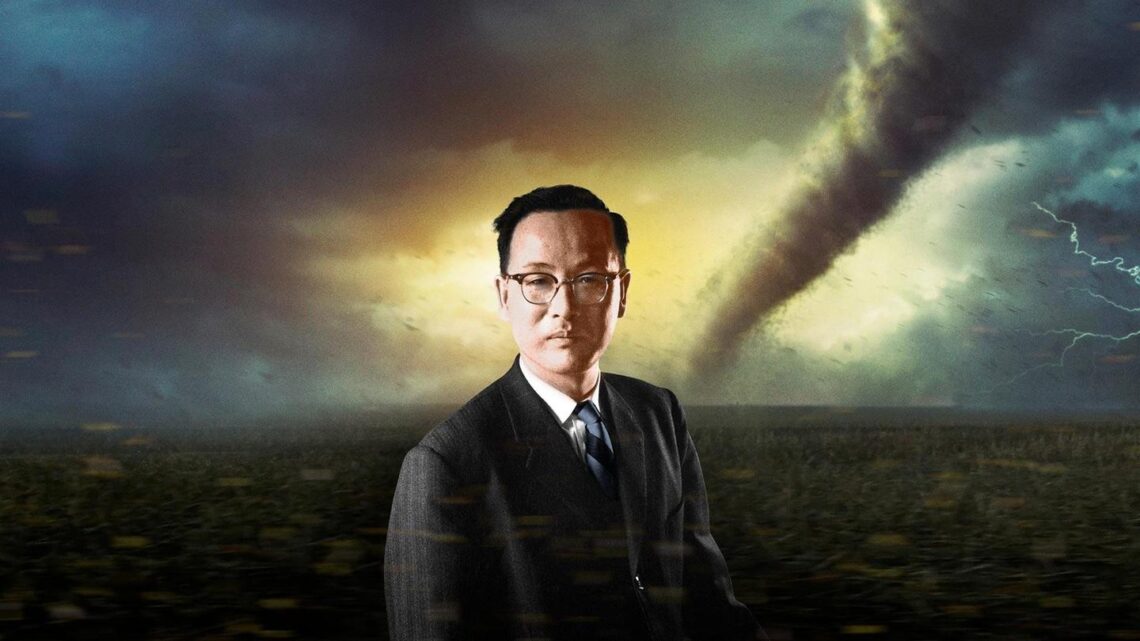
One man’s pursuit to understand the deadliest storms.
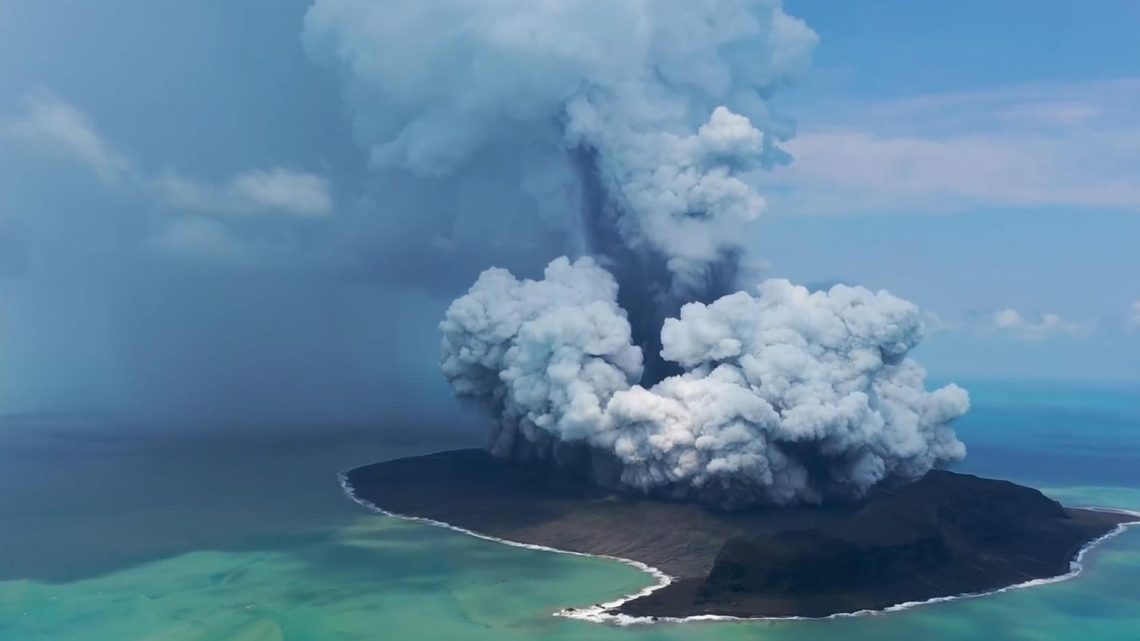
Investigate one of the most powerful volcanic eruptions in recorded history.

Scientists uncover the secrets of the Mandrin Cave in France, where the remains of a Neanderthal were found in 2015.

Uncovers the insidious ways in which our daily lives are being surveilled by the state. In a gripping chase, Ronan Farrow travels across the world following breadcrumbs and finally exposing a dark world.
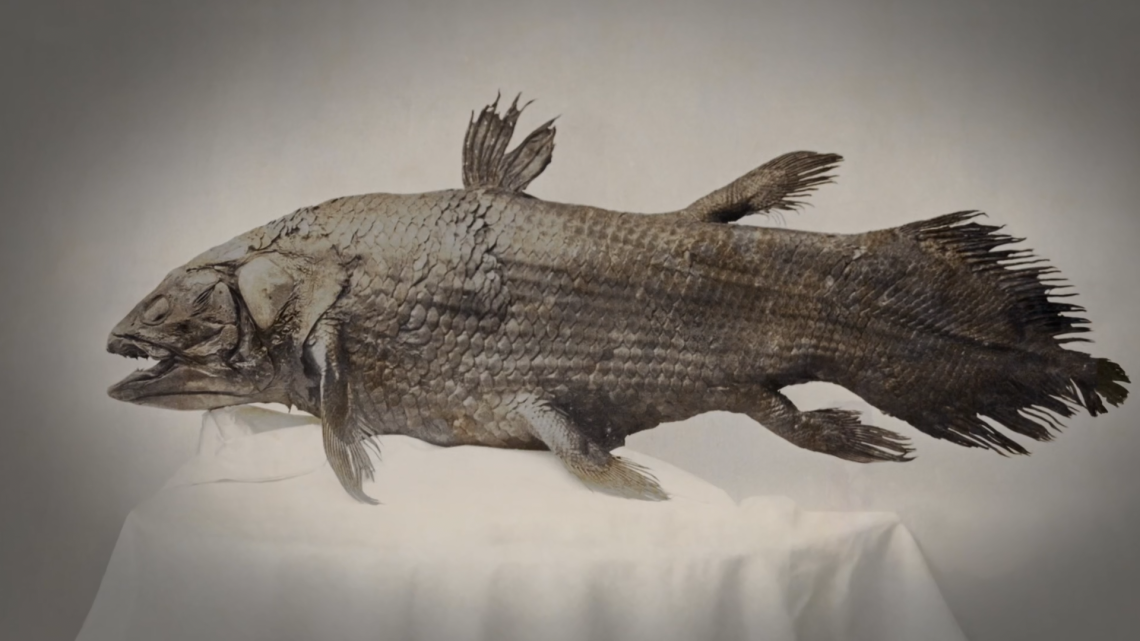
David Attenborough looks into the ocean’s depths to discuss the coelacanth, a primeval fish hidden for 400 million years

Mats Steen, a Norwegian gamer, died of a degenerative muscular disease at the age of 25. His parents mourned what they thought had been a lonely and isolated life, when they started receiving messages from online friends around the world.